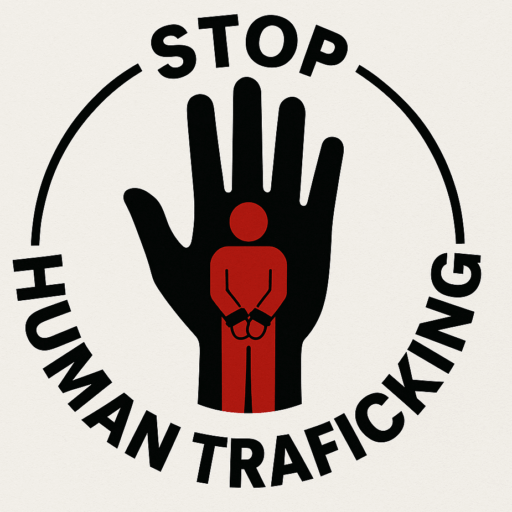
Human trafficking is a serious human rights violation that affects millions worldwide. To combat it, the Canadian government introduced Ontario’s Bill 251, requiring specific training and employer action.
Our online course helps your organization meet these legal obligations while equipping employees to recognize, prevent, and respond to trafficking. The program is accessible, SCORM-compliant, and tailored for Canadian workplaces.

This online course provides Canadian employees with the essential knowledge to recognize and respond to signs of human trafficking in the workplace. Aligned with Ontario’s Bill 251, the training promotes awareness, supports compliance, and empowers staff to take appropriate action. Learners will complete a short quiz and receive a Certificate of Completion.
Workplace Training Requirements
Ontario’s Bill 251 requires employers to provide human trafficking awareness training, establish clear reporting procedures, and maintain records to demonstrate compliance.
Online training ensures consistent delivery across your workforce, easy tracking of completion, and convenient access for employees in any location.
Our training program is carefully researched and professionally written to help ensure your organization complies with the requirements set out in Bill 251. The program is available as a SCORM package (compatible with SCORM 1.2, 2004, and xAPI) for easy integration into your own LMS.
Alternatively, we can host it for you on our platform, where you can simply log in and assign learners or let us handle the setup for you.

Hotels, motels, resorts, and short-term rentals often serve as trafficking locations. Staff need to recognize signs and report concerns.
Truck stops, bus stations, taxi services, and delivery networks may unknowingly be used in trafficking. Drivers and dispatchers are in a position to spot red flags.
This sector is vulnerable to forced labour practices, especially with subcontractors. Employers need to ensure fair hiring and working conditions.
Seasonal workers and migrant laborers are particularly at risk of exploitation. Employers must monitor working conditions and educate supervisors.
Nail salons, massage parlours, and spas have been linked to trafficking cases. Staff should be trained to identify and report suspicious activity.
Some trafficked individuals may be forced into front-line service roles. Managers should be trained to respond appropriately.
Organizations that support vulnerable populations must ensure staff are equipped to identify and support trafficking victims.
Post-secondary institutions, ESL programs, and private colleges may unknowingly enroll trafficking victims. Staff should be aware of risk indicators.
One of the key responsibilities of employers is to disseminate information about human trafficking. Regulations may require employers to provide specific information and define where and how it should be shared. By raising awareness among their employees, employers empower them to recognize the signs of human trafficking and report any suspicions. This information dissemination fosters a culture of vigilance and active participation in combating this crime.


Employers may be obligated to provide training on human trafficking to their employees. This training equips individuals with knowledge about the nature of human trafficking, its indicators, and how to respond effectively. By investing in this training, employers ensure that their workforce is educated and capable of identifying and responding to instances of human trafficking. Such training is crucial in sectors that may be more susceptible to trafficking, such as hospitality, transportation, and domestic work.
Regulations also impose requirements on employers and entities covered by the anti-human trafficking measures. These requirements aim to facilitate the enforcement of regulations and prevent human trafficking. Employers may be mandated to fulfill reporting obligations, make specified information available to the public, and maintain accurate records. By adhering to these requirements, employers demonstrate their commitment to combatting human trafficking and assist in law enforcement efforts.


Employers have a responsibility to encourage employees to report instances of suspected human trafficking that they encounter during the course of their employment. The regulations may specify the situations that must be reported and the designated recipients of these reports. Employers must ensure that their employees feel safe and supported when reporting such cases, maintaining confidentiality and protecting whistleblowers from retaliation. Timely reporting of suspected cases enables law enforcement agencies to take appropriate action and aid victims.
Employers may be required to collect non-personal data to help authorities evaluate anti-human trafficking programs. This supports research, victim support, and prevention strategies.
Through training, reporting, and compliance, employers play a key role in identifying and preventing trafficking. Their actions support ethical practices and contribute to a safer, more informed society.

Equip your team with the knowledge and tools to recognize and respond to human trafficking in the workplace.
Our training helps your organization:
Stay compliant with Ontario’s anti-trafficking regulations
Identify red flags and report concerns safely
Foster a culture of awareness and accountability
Support ethical practices and human rights